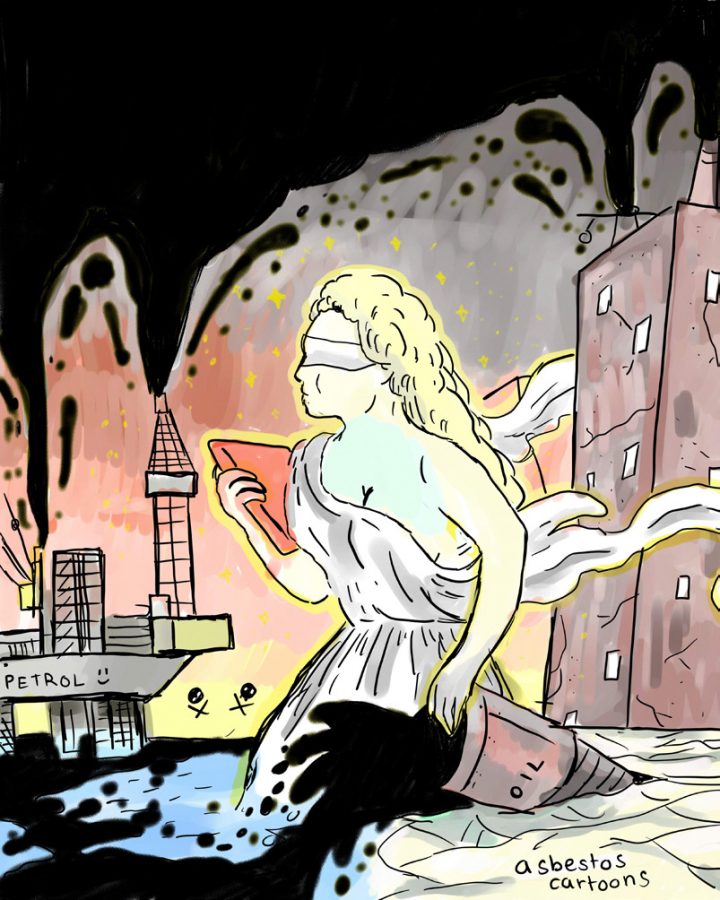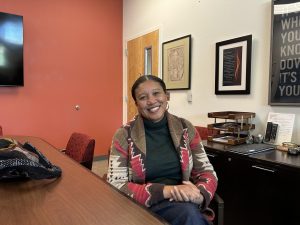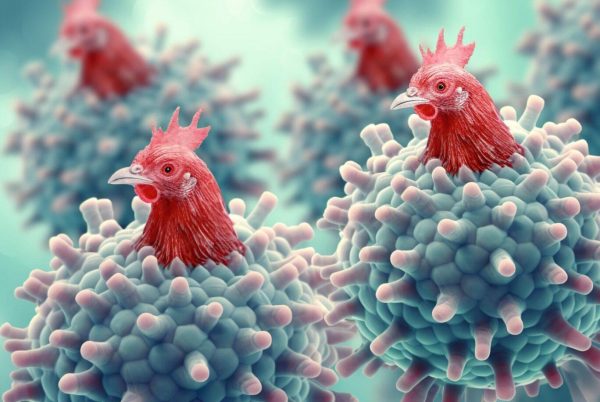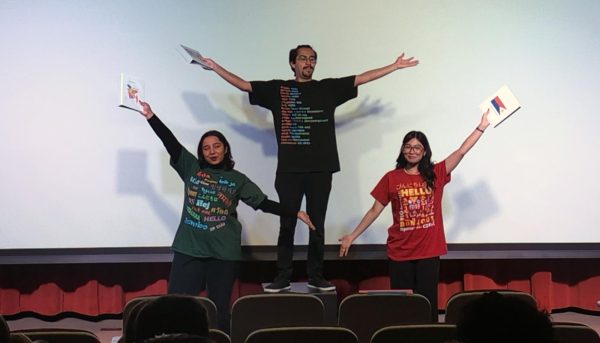Environment Club
How can we save the Sustainability Club and practice environmental friendliness?
April 12, 2019
Though it should have always been considered and protected, our environment is in need of saving now more than ever. Before we try to restore and protect the environment globally, we can easily start local here at Grossmont College.
The most rewarding way to spread awareness about protecting the environment on campus is undoubtedly a club, specifically an environmental club or the Sustainability Club. Unfortunately, there are not enough students interested in keeping the club active, so it waits alone, in the midst of our pollution, for people to rally together and revive it.
Sure, clubs can sometimes seem inessential, but our environment is suffering now, meaning there is a lot of action to be taken and that can start directly on campus. Of course, there is still reason to question why an environmental club can be beneficial to students and Grossmont’s campus.
“Students should be concerned about the environment and have a unique opportunity during college years to explore the ways they want to contribute to a more sustainable society. A club is an ideal place to discuss ideas, current events, and new technologies impacting the planet. The peer group provides a sounding board for strategies to implement change,” Jacqueline Hall, a member of the district’s Sustainability Committee, said in an email.
“If the environmental club identifies areas for the college to be better stewards of the planet, the students have a unique opportunity to lead change,” she continued.
It should be noted that just because an environmental club is not currently active, does not mean students don’t care about the environment.
“It’s cool because for me growing up, that was not around in schools, I lived in the ‘ghetto’. If they had that here, it’d be a good experience for those who grew up like that,” said Grossmont student Monica Cortez.
For students to be given such experiences is important for them and for our community. It’s also important to have an environmental club “to keep the school clean and the area clean, and to raise awareness,” said Grossmont student Jessica Fletcher.
However, not everyone may have the time for a club, as many schedules are filled with classes and work. Yet, that doesn’t mean students can’t help the environment if they don’t have the time or are simply not interested.
“I like gardens, so a lot of fruits and veggies. That can help students who are homeless or don’t have much food. Or having posters about recycling or saving the oceans, I haven’t seen any like that,” Cortez said.
If you aren’t interested in joining an environmental club, that is okay, but there are still ways to help the environment when on campus.“Grossmont College is committed to an energy conservation program focused around behavior change,” Hall said. “When students leave a classroom, make sure that the lights are off (if the room is unoccupied), computers and projectors are turned off, and the door is closed. Keeping the classroom doors closed saves energy by keeping the heating or cooling inside the building.”
Energy conservation is undeniably important, but our trash and landfill problem is extreme and we can contribute to fixing it by recycling more.
“It is a huge benefit to the planet to reduce plastic consumption,” Hall said. “Consider bringing a reusable water bottle, coffee cup, utensils, and food containers with you each day. Eliminating single-use plastic should be all of our highest priority.”
She continued: “If you must consume plastic, make sure that the container is empty, clean and dry and put it in the recycling bin. Contamination such as food waste or water can ruin an entire batch of recycling, which means that contents are sent to a landfill rather than recycled—it is crucial we maintain the integrity of recycled materials.”
In fact, the Grossmont-Cuyamaca Community College District is going to be implementing an improved recycling service according to a flyer published by the Sustainability Committee. As stated on the flyer, once the service begins, everyone will be able to put in plastic bottles and containers, food and beverage cans, paper, flattened cardboard and paperboard, food and beverage cartons, and glass bottles and containers. However, food waste, plastic bags and films, and foam cups and containers are supposed to be kept out.
These new and improved recycling provisions are quite an upgrade from the current recycle bins around campus and will surely give students and staff the opportunity to help the environment, whether they are in the club or not.
Recycling and conserving energy are not the only ways to be environmentally friendly on campus, according to Hall: “Discussing the impact that our actions have on the earth is helpful. Everyone wants to do the right thing, sometimes they just don’t know how. If you see someone throwing garbage into the recycling, or a recyclable material into the garbage, speak up!”
In addition to her tips, Hall also offered herself as a resource to students: “If anyone sees opportunity for the campus to be more sustainable, please reach out to me directly. I am happy to hear from you.” (Hall’s email address is [email protected].)
The district’s Sustainability Committee is clearly dedicated to ensuring Grossmont is environmentally-friendly and open to hearing input and suggestions from students. It is great to see students and staff in tune with helping the environment, but the impact could be so much more if more students took interest in an environmental club. The act of one person is much more powerful if done with the support and cooperation of others, which is what could happen in a club. Posters can be made, eco-friendly of course, advocating for environmental friendliness on campus and within the community. Despite the lack of interest, hopefully some of you are inspired to revive environmental club and help save our planet.














